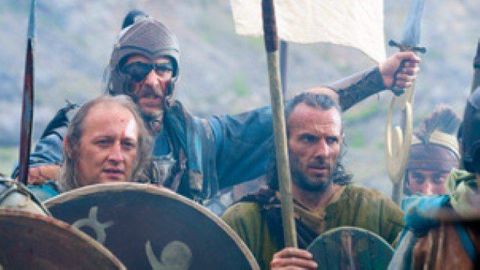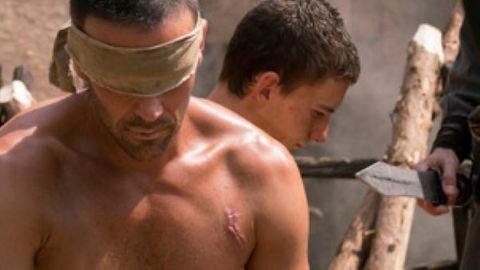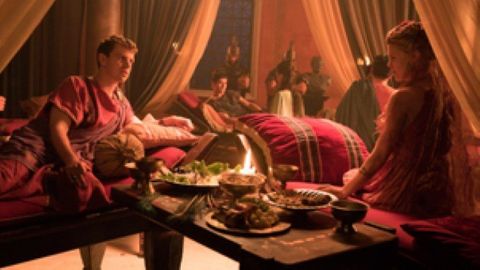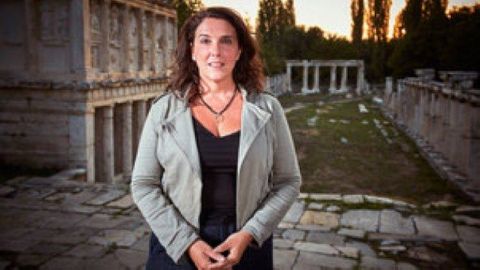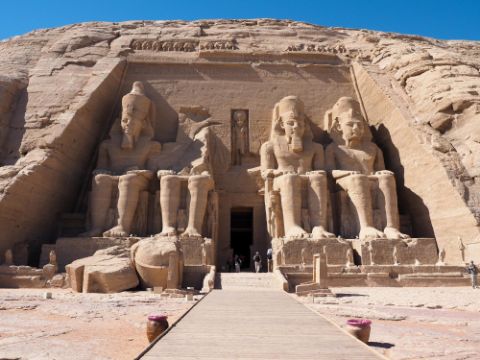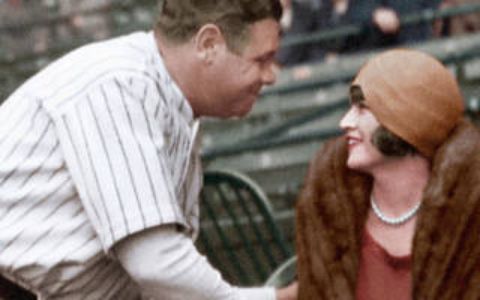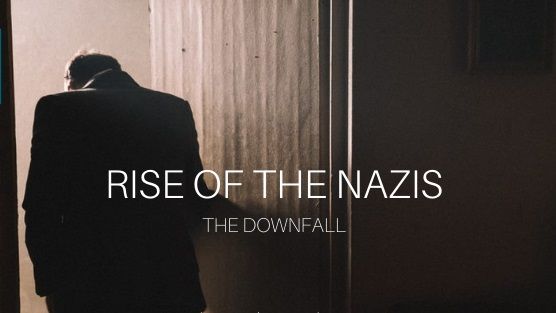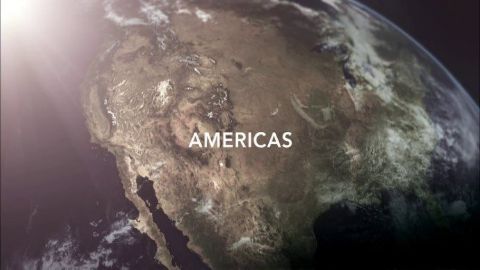Crossing the Rubicon • 2017 • episode "S1E3" • Eight Days That Made Rome
Presenter Bettany Hughes explores the day in 49BC when, defying the Senate, Julius Caesar and his army crossed the river Rubicon, plunging the Republic into civil war. With the aid of the most recent archaeological finds and theories, she examines Caesar's character, his dealings with Crassus, Pompey the Great and Cicero, and how his quest for absolute power effectively sounded the death knell for the Roman Republic and paved the way for dictatorial rule.
Make a donation
Buy a brother a hot coffee? Or a cold beer?
Hope you're finding these documentaries fascinating and eye-opening. It's just me, working hard behind the scenes to bring you this enriching content.
Running and maintaining a website like this takes time and resources. That's why I'm reaching out to you. If you appreciate what I do and would like to support my efforts, would you consider "buying me a coffee"?
Donation addresses
BTC: bc1q8ldskxh4x9qnddhcrgcun8rtvddeldm2a07r2v
ETH: 0x5CCAAA1afc5c5D814129d99277dDb5A979672116
With your donation through , you can show your appreciation and help me keep this project going. Every contribution, no matter how small, makes a significant impact. It goes directly towards covering server costs.
